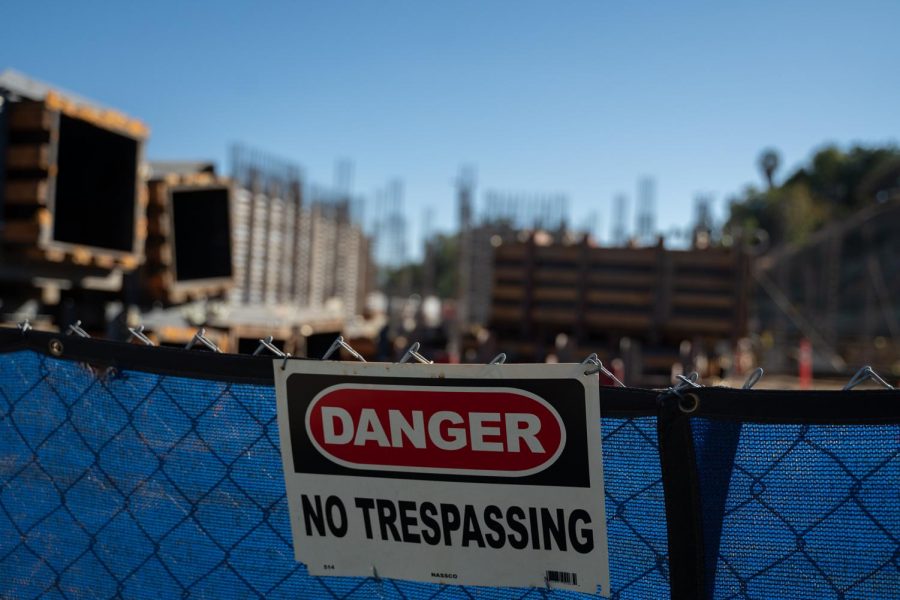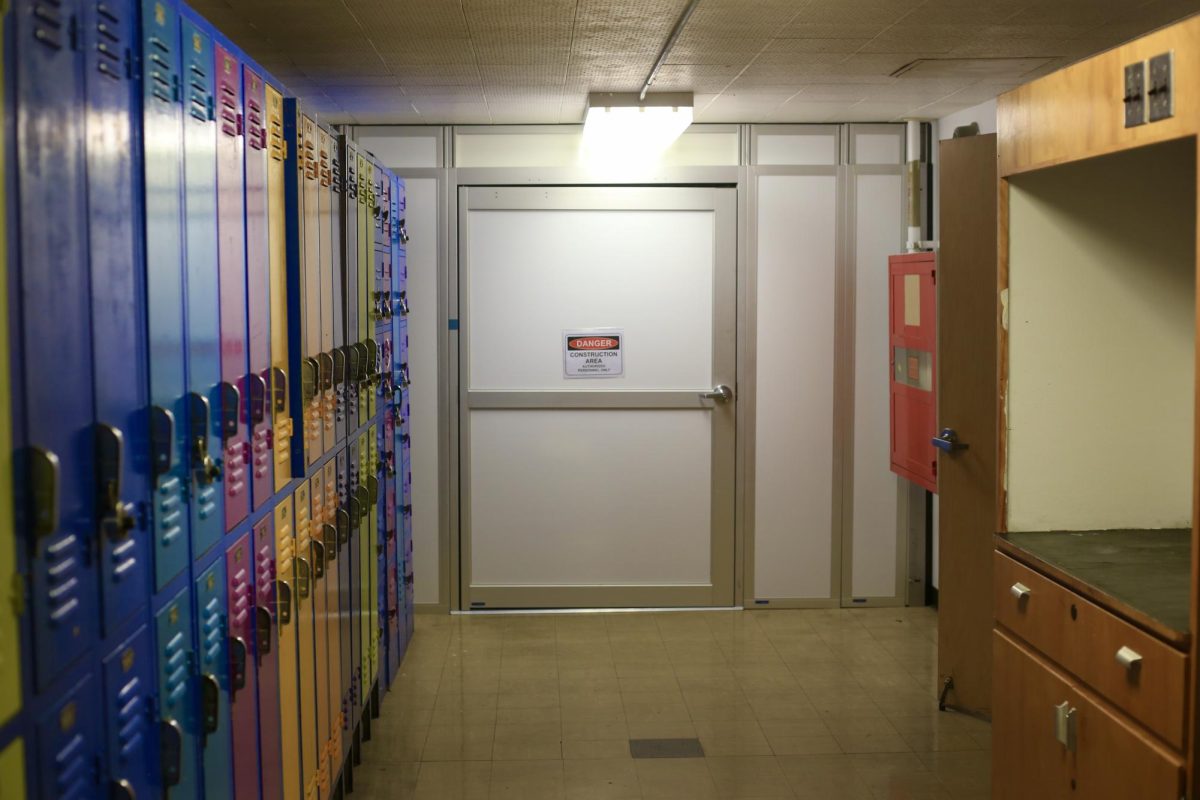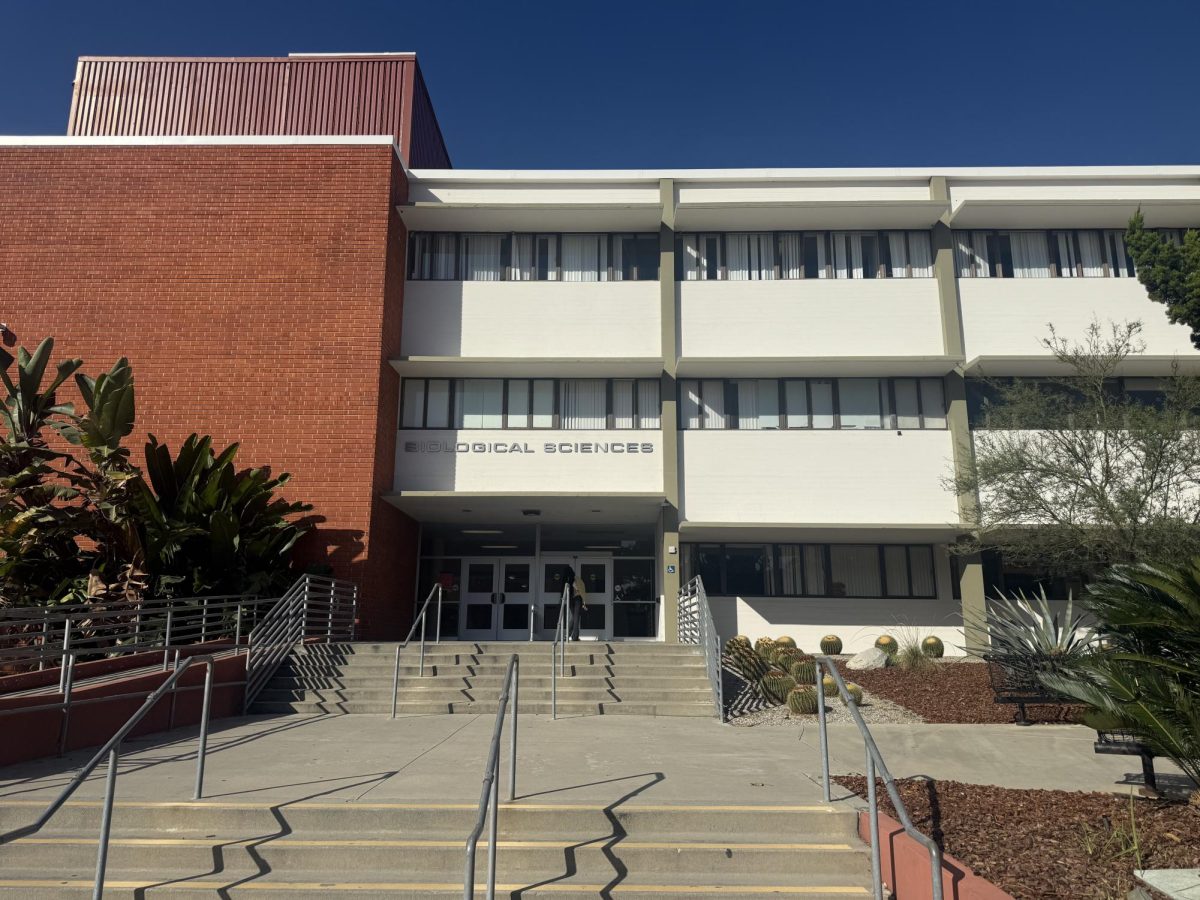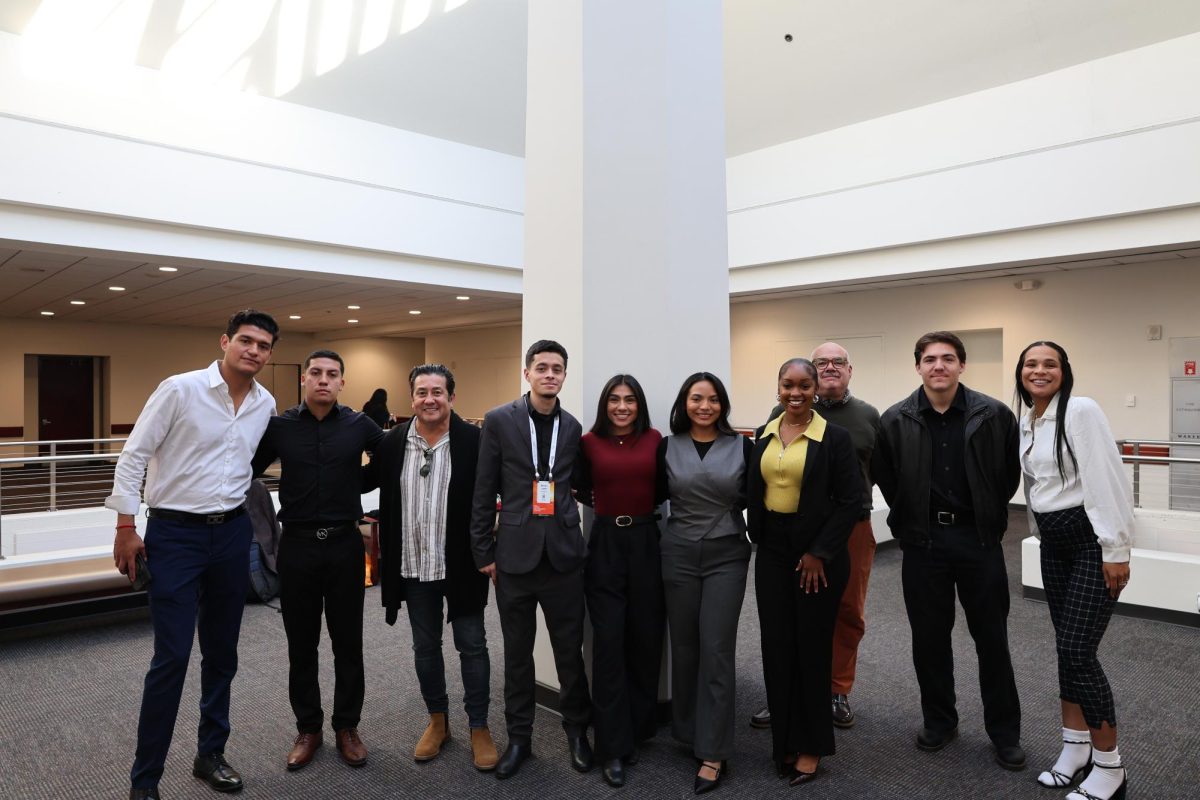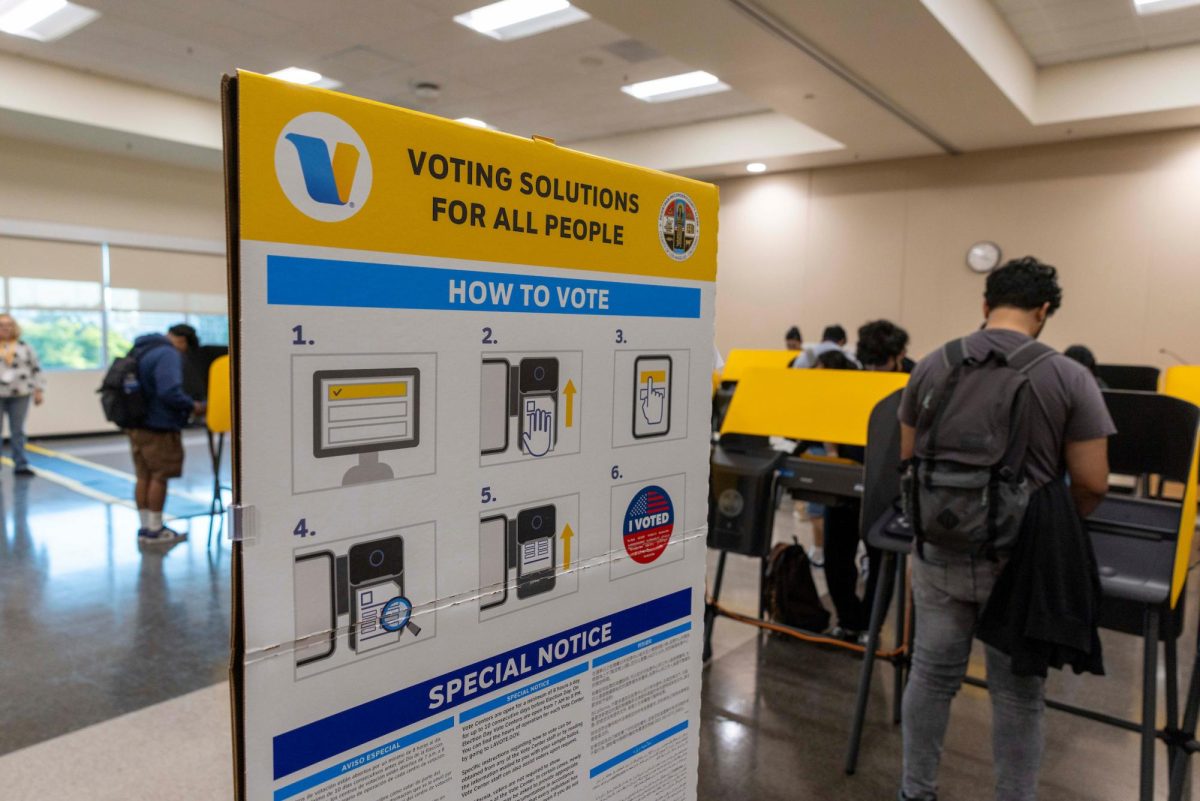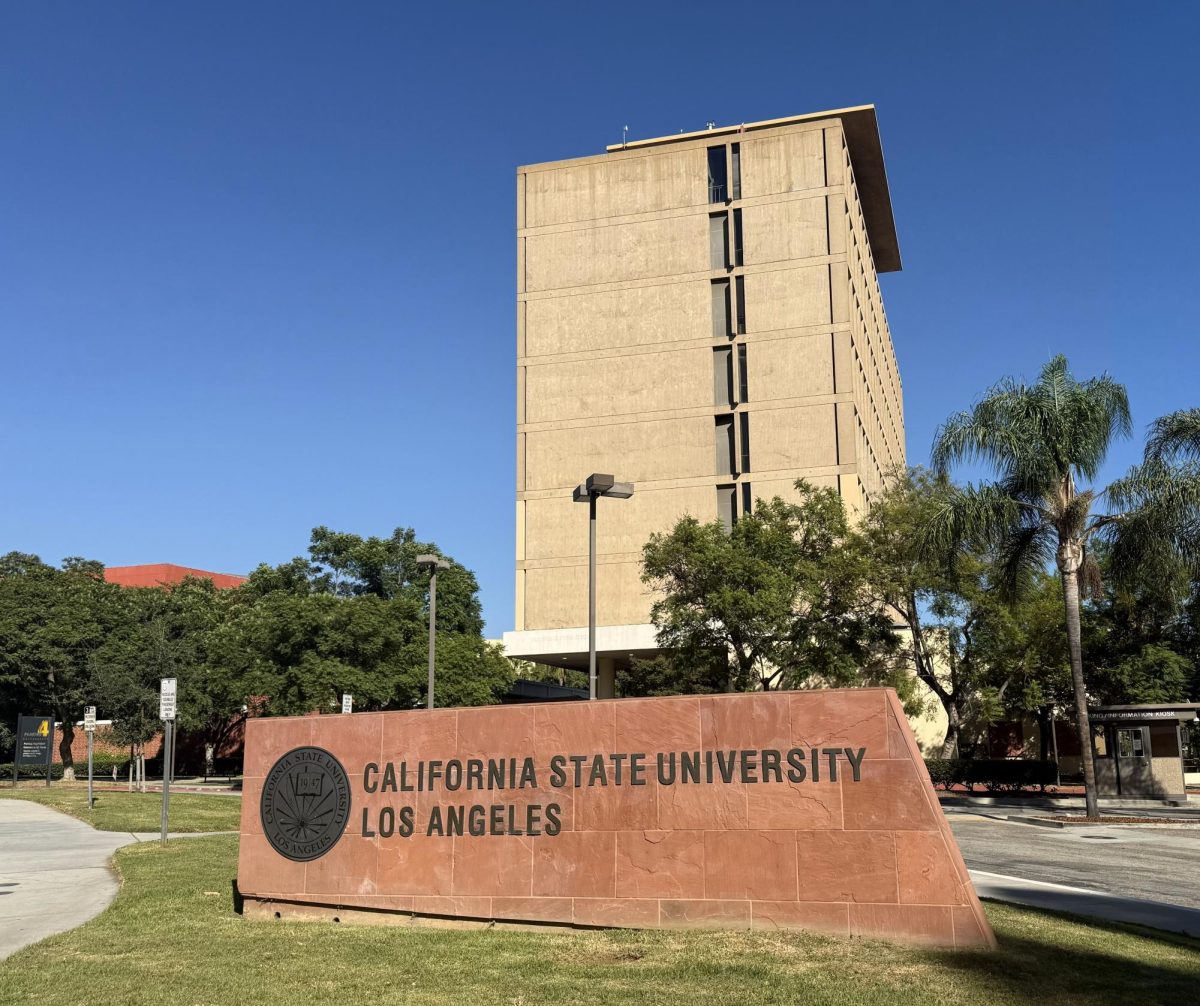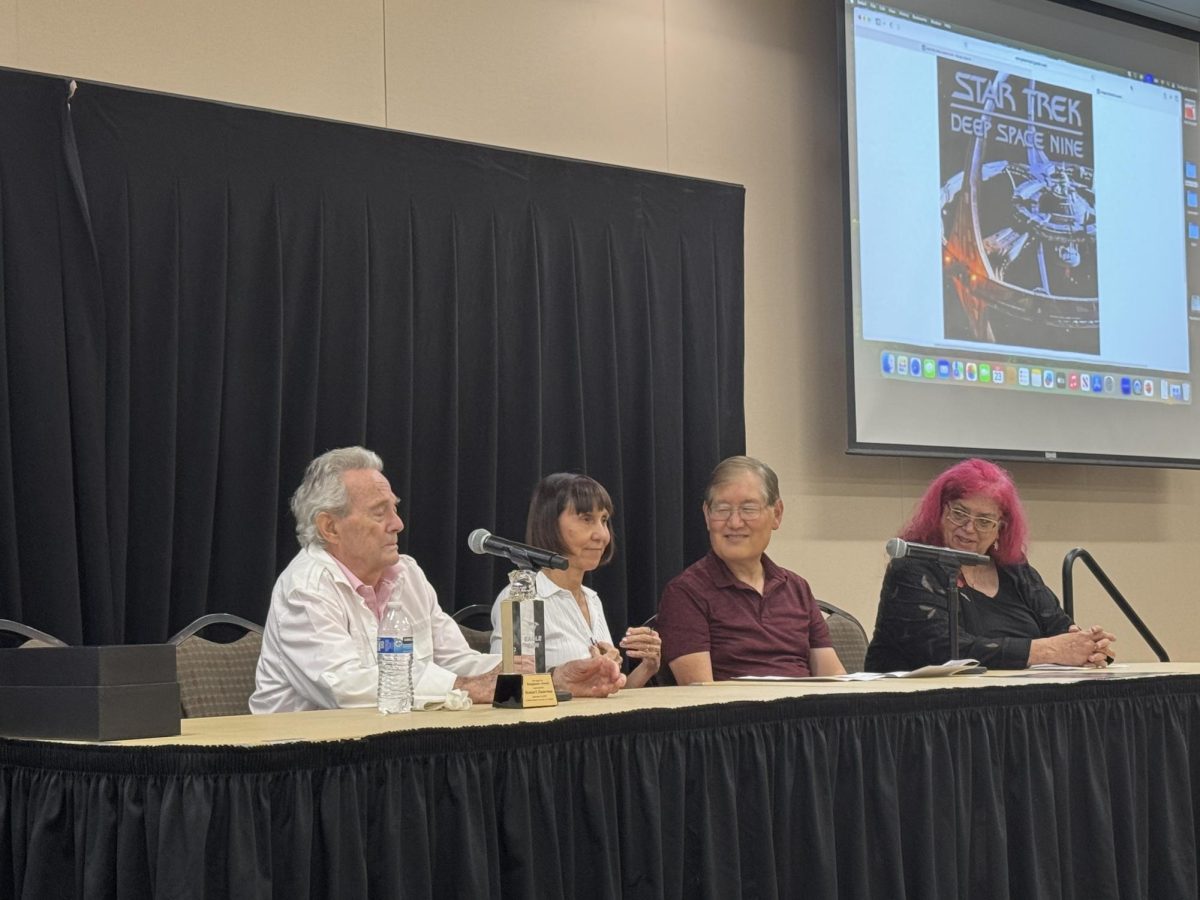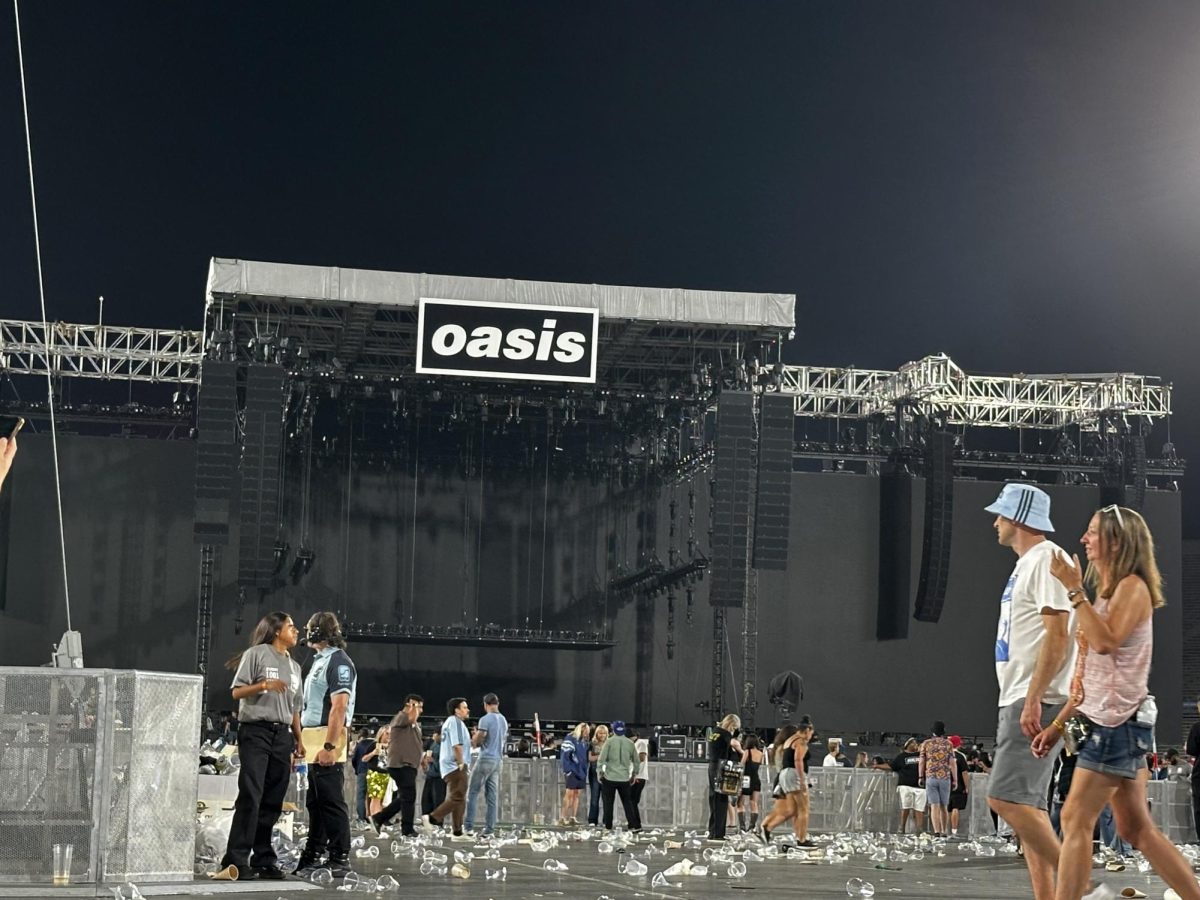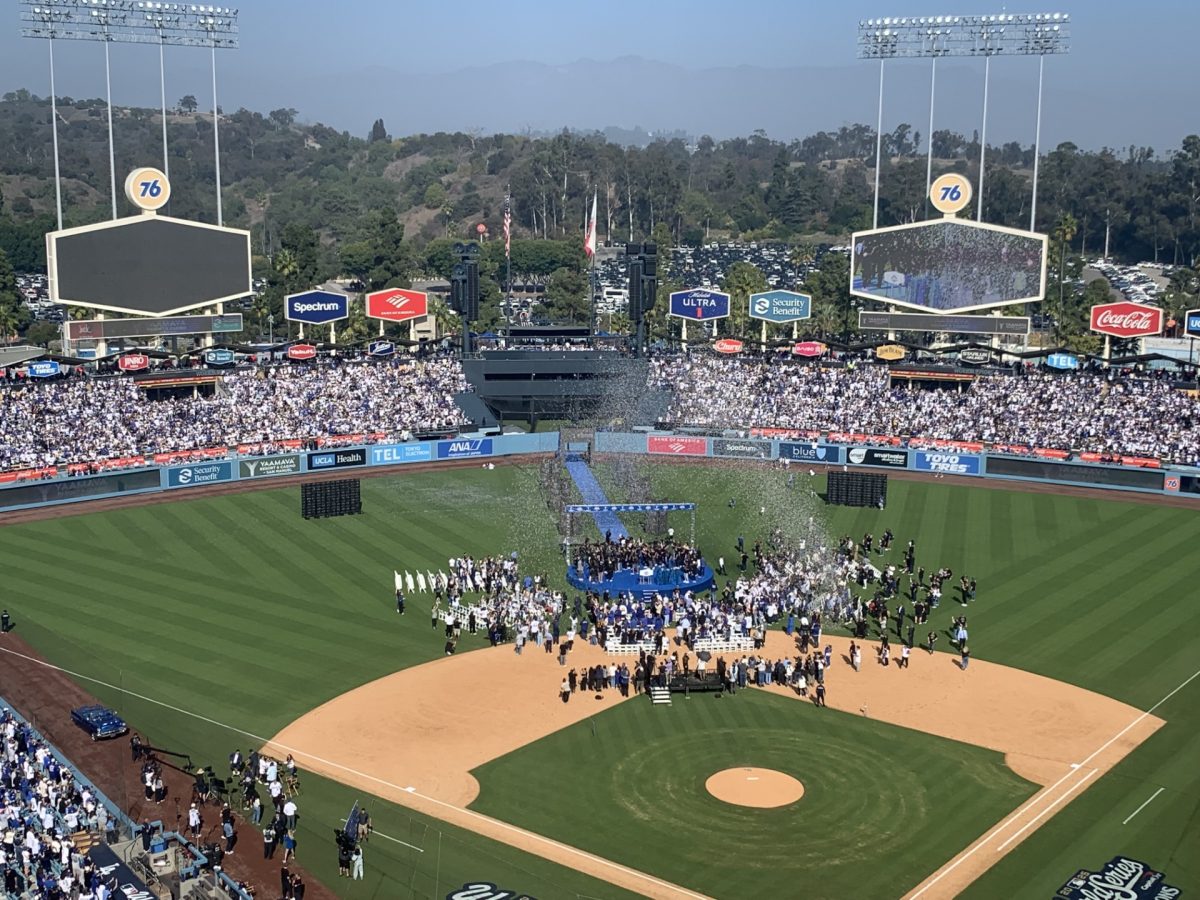College students have a reputation for being sleep deprived due to work, school and the maintenance of an active social life.
Construction-related noise isn’t typically the culprit––unless, apparently, you live in a part of campus housing. Seven dorm residents interviewed by the UT said they were bothered or awoken by construction-related noise at various points in August, September and during the Spring semester before 7 a.m., which is outside the scheduled hours of the North Campus Project.
In addition, a stockpile of soil was left uncovered in Lot 7, which potentially can be a hazard to both the environment and residential students’ health.
After initial inquiries from the UT on Aug. 22, a university official responded that the stockpile was in the process of being covered due to inactivity; and the noise was being addressed.
“We were made aware that these hours may not have been observed,” Nadine Kelley, an official from Housing and Residence Life, wrote in an Aug. 30 email. “We recently requested the construction company to verify that they were adhering to these hours. We have been assured that they will comply.”
The designated construction hours are 7 a.m. to 9 p.m., which are consistent with city regulations, according to the project’s Environmental Impact Report (EIR). Los Angeles Municipal Code, SEC. 41.40, states that these hours must be followed unless written permission is obtained from a city official.
Seven students reported hearing construction-project related noise before 7 a.m.
- Efrain Cruz, a civil engineering major, said he was woken up by the noise since he lives in Phase I, one of the closest dorm areas to the construction site. The early morning noise has been happening since last spring semester according to him. “Once the noise starts it doesn’t stop. It’s really hard to go back to sleep,” he said. “I do feel like had I gotten more sleep earlier in the morning, I probably would have been more attentive in class. I was exhausted.” He recalled once being woken up around 4 a.m. “It’s annoying when they start super early, when the sun isn’t even out,” Cruz said.
- Gustavo Rodriguez, a psychology major, echoed Cruz’s account and said his academic performance was affected as a result. “I wasn’t fully paying attention [in class] like on a regular day,” he said. “I was just with my head down and not taking too [many] notes.”
- Andres Ramirez, a math major said, “Some days it’s horrible.” Like his roommates, he said the noise had disrupted his sleep.
- Triston Bendon said he and his roommates have been woken up “several times” by the noise. He recalled hearing it throughout his morning routine. The most recent incident Bendon could recall was on Sept. 20. He went on to explain that it’s not a big deal anymore because he’s gotten “used to it.”
- Jenna Ellis also said she heard construction-project related noise between 6 a.m. to 7 a.m. Ellis would hear the noise during the spring semester before she moved to a dorm that’s further away from the construction site. “It would wake me up in the mornings,” said Ellis. “Sometimes I would be able to go back to sleep afterward and sometimes not. I wouldn’t go as far as to say it affected my academic performance, but it would require that I take a nap during the day.”
- Jocelyn Gutierrez lives in front of the construction site. “Yeah I can hear it,” she said. “It’s like 6:30 [a.m.] and I can hear it. There have been days that it’s been really loud and I can’t sleep through it.”
- Erick Brigham heard the noise and also took time-stamped videos of construction-related activity occurring before 7 a.m. The UT obtained several videos from Brigham. (For full disclosure, Brigham is a recent UT staffer who filed a complaint to the school about the noise before being hired.) The first video from Feb. 25, time stamped at 6:29 a.m., shows the operation of construction vehicles. The engines of the vehicles and what seems to be a back-up beeper can be heard. The second video from March 1, time stamped at 5:50 a.m. shows what appears to be a green JCB Telehandler. Similar to the first video, engines, and beeps can be heard. These videos are available in the online edition of the article.
A misdemeanor charge could be issued to anyone who purposely violates the Los Angeles Noise Regulation Ordinance, Section 41.40, which reads:
“(a) No person shall, between the hours of 9:00 P.M. and 7:00 A.M. of the following day, perform any construction or repair work of any kind upon … any building or structure, where any of the foregoing entails the use of any power driven drill, riveting machine excavator or any other machine, tool, device or equipment which makes loud noises to the disturbance of persons occupying sleeping quarters in any dwelling … In addition, the operation, repair or servicing of construction equipment and the job-site delivering of construction materials in such areas shall be prohibited during the hours herein specified.
The school is investigating if construction occurred outside of legitimate hours, said Robert Lopez, university and North Campus Project spokesperson. He said that nothing depicted in the videos violated the aforementioned regulation.
According to Lopez, “the university has contacted the general contractor to emphasize the importance of keeping noise levels down prior to 7 a.m..”
In addition, a project agreement between the university and the contractor allows for activities such as safety talks and the setup of tools and equipment to be carried out before 7 a.m., according to Lopez.
Typical consequences of construction occurring outside of legal hours include a fine or construction being halted by the city unless the construction company starts complying, according to a voicemail from Henry Koffman, USC Civil and Environmental Engineering professor.
Aside from the reported noise, an uncovered stockpile of soil on Lot 7 also drew attention from students.
The project’s EIR states: “All stockpiles will be covered with tarps or plastic sheeting” – a procedure practiced for the sake of environmental and health purposes.
Jayci Brown and Cruz recalled seeing the stockpile uncovered around Aug. 16 during move-in weekend.Construction Program Manager Gerard DeZern said it was covered on Aug. 31.
“Depending on the type of stockpile, there are specific, detailed ways in which they need to be treated or protected,” Kelley told the UT via email on Aug. 30. “The stockpiles on the Housing construction site are actively being used and we are in compliance with those regulations. If the stockpiles were in an ‘inactive’ state for an extended period of time, we would need to take additional steps. For instance, the stockpile located in Lot 7 is in the process of being covered due to inactivity over a period of time.”
In an email, Koffman said uncovered dirt that’s blown into the air can lead to health issues such as valley fever, irritation of eyes, allergies and inhalation of dust into the lungs. He added that regulations mandate stockpiles to be covered or at least for them to be hosed down to “keep the dirt particles contained.”
Periodic hoesing is precisely what was done periodically, according to Lopez and Dezern. Lopez added that the “stockpiles have been treated with the best management practices.”
Stephen LaDochy, Cal State LA Geosciences and Environment professor, agreed that the dirt can be harmful but typical wind patterns and elevation may help prevent dirt from spreading.
Although the dorms don’t absorb outside air, precautions are still being taken, according to Kelley. Air filters are replaced every six months; plus, heating and air conditioning systems are inspected. The most recent inspections were in May, June and September, said Kelley. She still advises students to keep their windows closed, in order to reduce the dust intake.
According to the project’s EIR, the new student housing facilities are set to provide 1,500 beds for future incoming freshmen and sophomores and is expected to open in fall 2021. Along with the new dorms, the North Campus Project is also generating new soccer fields and a parking structure.

